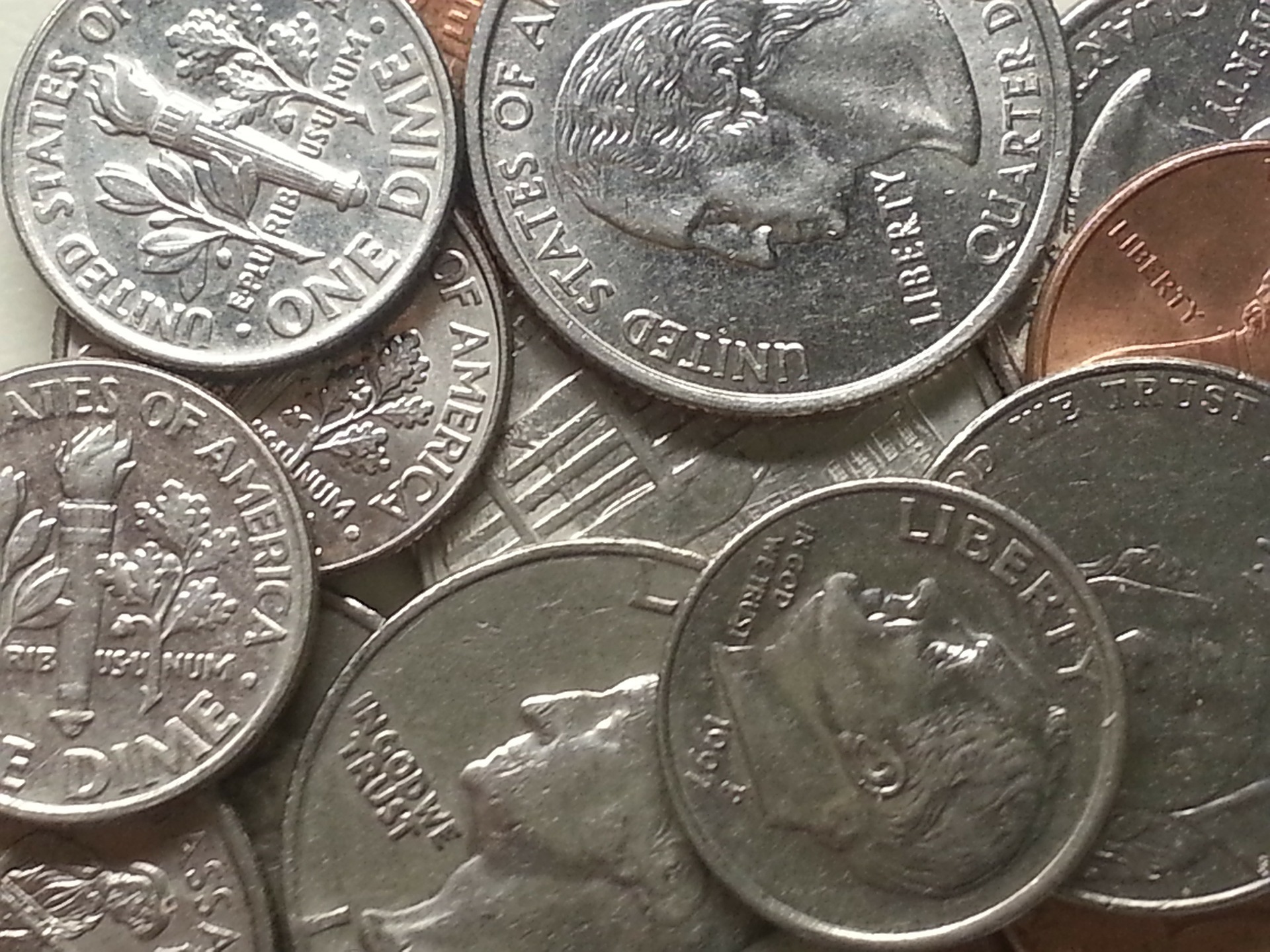
25 Mar My father died. Who will get the share meant for a dead beneficiary?
Photo: pixabay.comQ. I had six siblings. All of them were still living at the time my father made his will, but three died before my father passed. Would the children of the deceased siblings get their share of my father’s will? That was not my father’s intent. The money was to be divided equally between his remaining living children. So is our nephew entitled to his mother’s share?
— Beneficiary
A. We’re sorry for your loss.
It all depends on how the will was written.
A will may state, “ I give, devise and bequeath my residuary estate to those of my children who survive me, in equal shares, and the descendants of a deceased child of mine, to take their parent’s share per stirpes.”
Per stirpes in a will means that a deceased’s child’s share will pass to the deceased’s child’s children in equal shares, if any, said Catherine Romania, an estate planning attorney with Witman Stadtmauer in Florham Park.
However, if nothing is stated in the will, then every state has law that interprets a lapse of a will provision. These are called “anti-lapse” statutes, she said.
“New Jersey’s anti-lapse statute provides in simple terms that a stepchild or lineal descendant of a decedent takes by representation if such descendant of the stepchild or lineal descendant survives the decedent by 120 hours,” Romania said. “So, if nothing to the contrary is said in your father’s will, New Jersey’s anti-lapse statute would entitle your nephew to his parent’s share.”
Email your questions to Ask@NJMoneyHelp.com.
This story was originally published on March 25, 2021.
NJMoneyHelp.com presents certain general financial planning principles and advice, but should never be viewed as a substitute for obtaining advice from a personal professional advisor who understands your unique individual circumstances.

